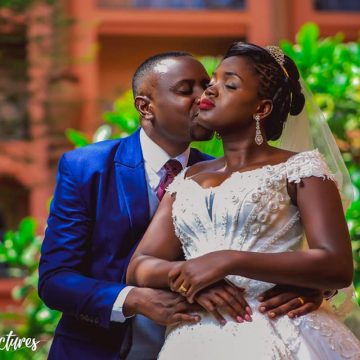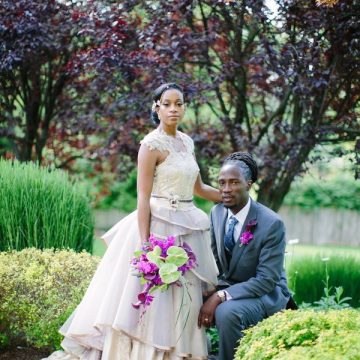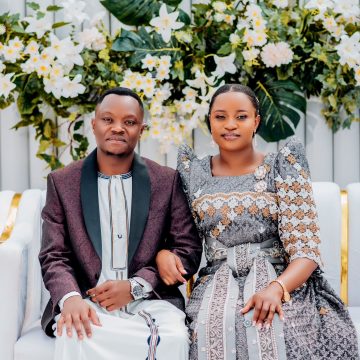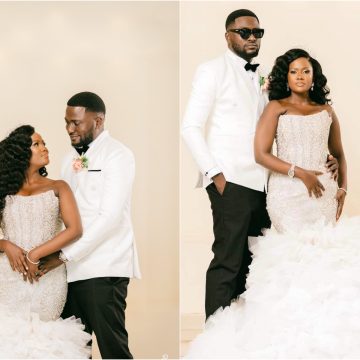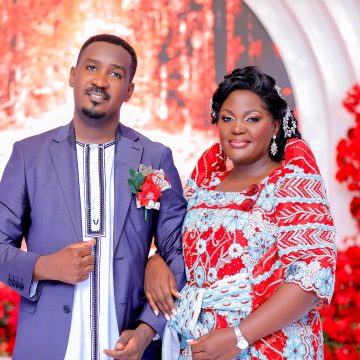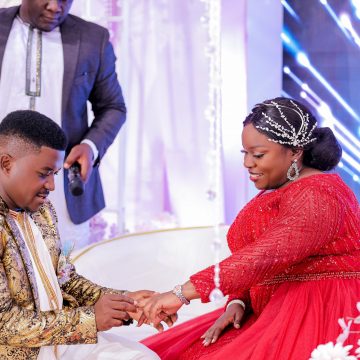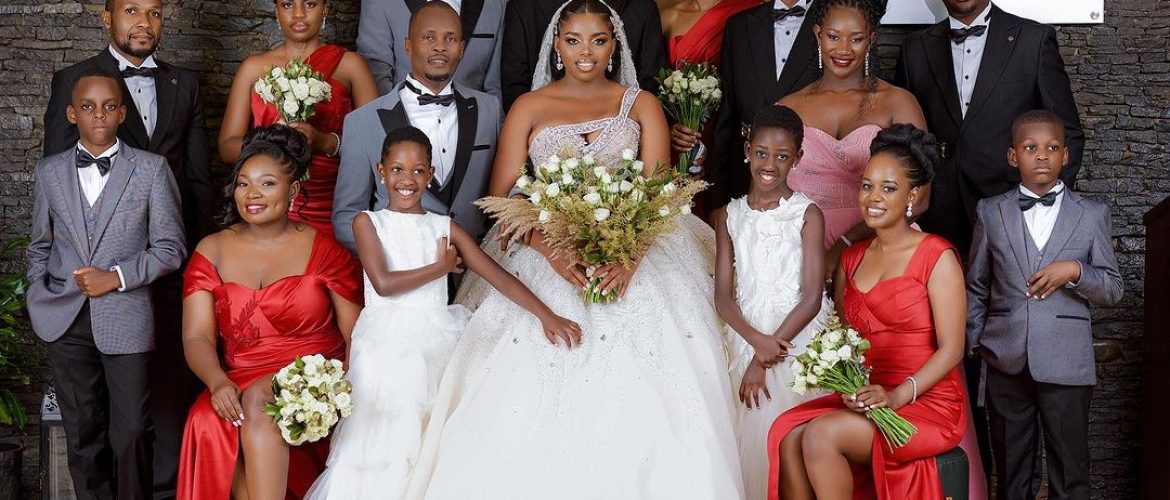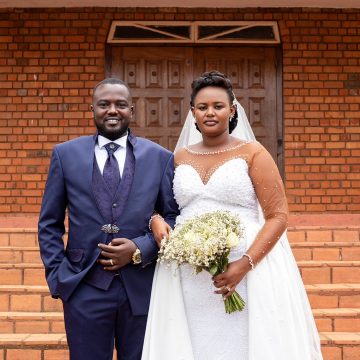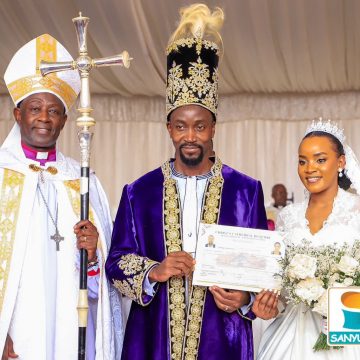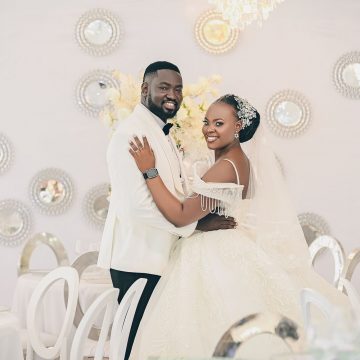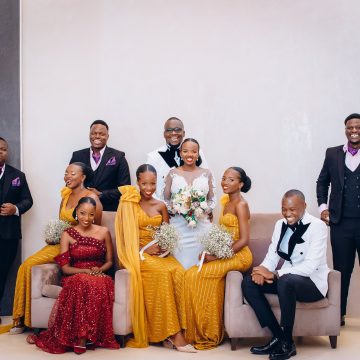Nonreligious Wedding Vows
These commonly used nonreligious wedding vows might provide you with ideas, words, and phrases to be incorporated into your personalized wedding vows.
Interfaith (Nonreligious)
For an interfaith ceremony, many couples choose to recite wedding vows that combine their specific religious traditions; others prefer to use wedding vows, such as this one, that do not refer to any particular belief or tradition:
Officiant: "I, [speaker's name], take you, [partner's name], to be my [wife/husband]. I promise to be true to you in good times and in bad, in sickness and in health. I will love you and honor you all the days of my life."
For an interfaith ceremony, many couples choose to recite wedding vows that combine their specific religious traditions; others prefer to use wedding vows, such as this one, that do not refer to any particular belief or tradition:
Civil Ceremony
Officiant: "I, [partner's name], take you to be my lawfully wedded [husband/wife]. Before these witnesses I vow to love you and care for you as long as both shall live. I take you with all your faults and your strengths as I offer myself to you with my faults and strengths. I will help you when you need help, and I will turn to you when I need help. I choose you as the person with whom I will spend my life."
Other Nonreligious Wedding Vows
Officiant: "[bride's name], do you take [groom's name] to be your husband; to live together with him in the covenant of marriage? Do you promise to love him, comfort him, honor and keep him, in sickness and in health; and, forsaking all others, to be faithful unto him as long as you both shall live?"
Bride: "I do."
Officiant: "[groom's name], do you take [bride's name] to be your wife; to live together with her in the covenant of marriage? Do you promise to love her, comfort her, honor and keep her, in sickness and in health; and, forsaking all others, to be faithful unto her as long as you both shall live?"
Groom: "I do."
Or:
"I, [speaker's name], take you, [partner's name], to be my wedded [husband/wife], to have and to hold, from this day forward, for better, for worse, for richer, for poorer, in sickness and health, to love and to cherish, till death do us part."
Or:
"I, [speaker's name], take you, [partner's name], to be my [husband/wife], to have and to hold, from this day forward, for better or for worse, for richer or for poorer, in sickness and in health, to love and to cherish as long as we both shall live."
Or:
"I, [speaker's name], take you, [partner's name], to be my [husband/wife]. I faithfully promise to love and support you from this day forward, in sickness and health, in plenty and in want, in success and in failure, in joy and in worry, as long as we both shall live."
Or:
"I, [speaker's name], take you, [partner's name], to be my wedded [husband/wife], and in doing so, I commit my life to you, encompassing all sorrows and joys, all hardships and triumphs, all the experiences of life. A commitment made in love, kept in faith, lived in hope, and eternally made new."
Or:
"[Partner's name], I give myself to you to be your [husband/wife], and I promise to love and sustain you in the covenant of marriage, from this day forward—in sickness and in health, in plenty and in want, in joy and in sorrow, as long as we both shall live."
Or:
"[Partner's name], I give myself to you to be your [husband/wife], I pledge to share my life openly with you, to speak the truth to you in love. I promise to honor and tenderly care for you, to cherish and encourage your own fulfillment as an individual through all the changes of our lives."




